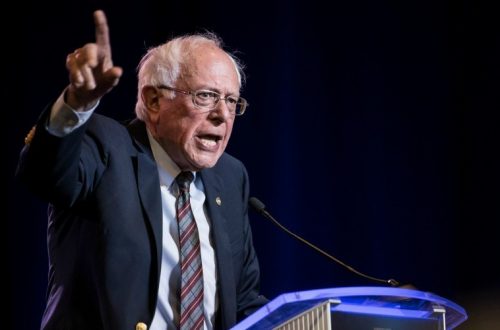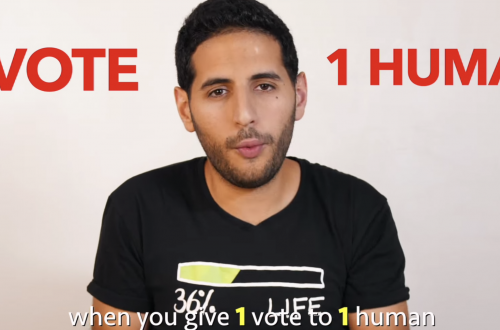There are reasons to dislike the government of Colombian President Alvaro Uribe– not least his cavalier attitude toward workers’ rights and the murder of trade unionists– but at least one symbol of democracy, judicial independence, seems intact.
In February the Colombian Supreme Court ruled against a planned referendum which would have allowed Uribe to run for a third term in office.
[L]ead justice Mauricio Gonzalez announced that the high court rejected the referendum that would have asked voters to amend the constitution.
In his ruling he said the law calling for such a referendum included “substantial violations to the democratic principle.”
Uribe has accpeted the ruling.
Now compare that to the state of judicial independence in Venezuela under President Hugo Chavez.
Judge Maria Lourdes Afiuni has been imprisoned since December, shortly after she handed down a ruling freeing a prisoner the government wanted to keep in jail.
Perhaps the most telling detail is that the entire courtroom staff, including the bailiff, was also arrested.
The jailing of a tenured judge who angered the president has brought into sharp focus the increasingly tight control Chávez exerts over the judiciary, a situation condemned by legal watchdog groups and constitutional experts across the Americas.
Advocates for an independent judiciary in Venezuela also say the judge’s plight, along with the arrests of dozens of government opponents in recent months, demonstrates how far the Chávez administration will go to quell dissent.
“The message from the Afiuni case is very clear: If a judge doesn’t do what we want, you go to jail,” said Carlos Ayala, a constitutional lawyer and former president of the Andean Commission of Jurists. “Judges are scared out of their wits. Before, they got fired for these decisions. Now they go to jail.”
Afiuni was charged with corruption and abuse of authority after she conditionally freed Eligio Cedeño, a banker who had run afoul of the government and was accused of evading currency controls. Cedeño waited in jail nearly three years for his first court hearing, which exceeded legal limits, Afiuni said in a recent interview. He fled the country and is seeking political asylum in Miami.
…..
Some judges have wound up like Juan Carlos Apitz.In 2003, Apitz was on a five-judge court that ruled that doctors from Cuba, Venezuela’s closest ally, could not work in Venezuela unless they revalidated their qualifications. At the time, Cuba was deploying thousands of doctors to Venezuela in exchange for cut-rate oil.
Chávez called the decision “unconstitutional.” Then 46 intelligence agents raided the court and searched through paperwork for more than 10 hours. Apitz and two other judges who had ruled with him were banished from the judiciary; the two dissenters were promoted to the Supreme Court.
Apitz said the dismissal of independent judges means that opponents have no real legal recourse if they want to challenge a government investigation or an arrest. That is particularly troubling these days, he said, because the intelligence service has arrested dozens of anti-government student protesters and opposition leaders in recent months.
“In Venezuela, there is a grotesque inequality in applying the law,” he said. “Those who do not share the national government’s politics are at a disadvantage.”
At its opening session in 2006, the Venezuelan Supreme Court hardly enhanced its reputation for impartiality when judges joined in the applause as members of the audience chanted “Uh-Ah, ¡Chavez no se va!” (Chavez is not leaving.)


